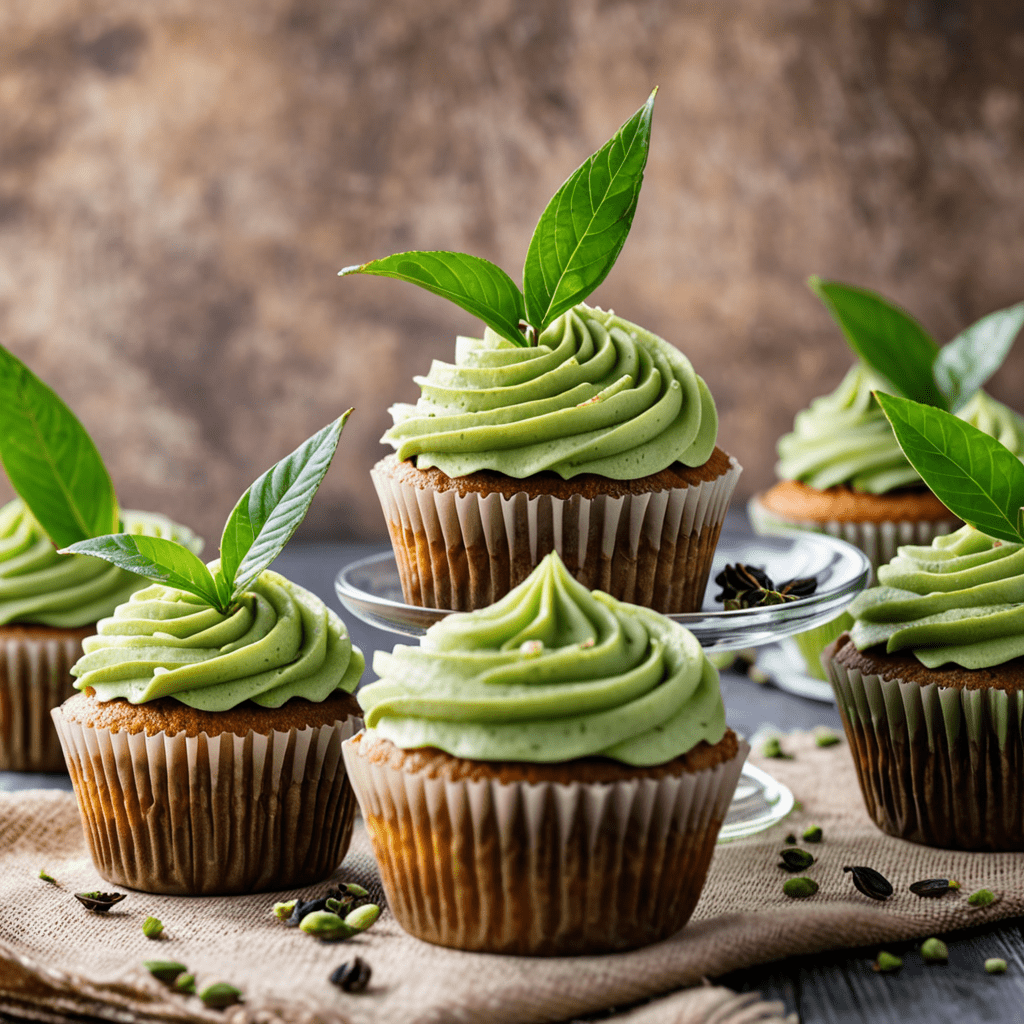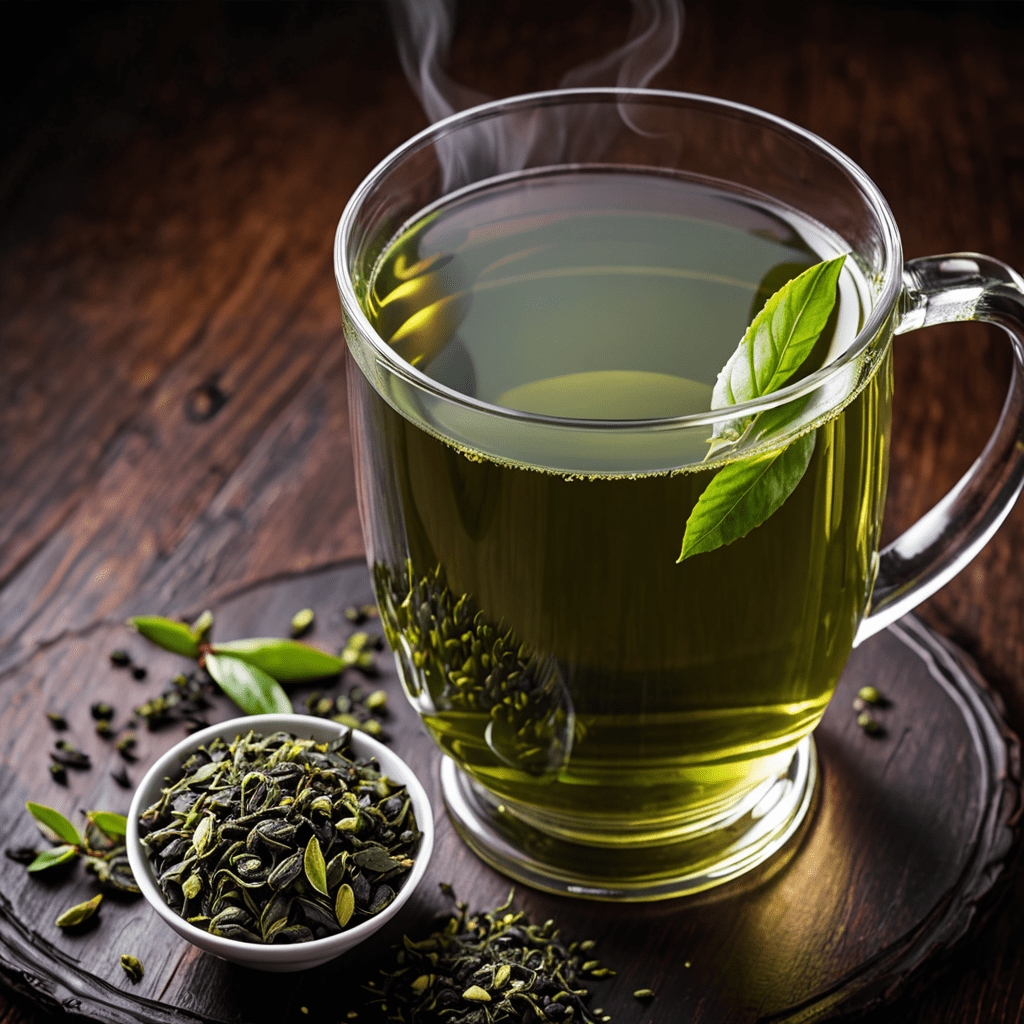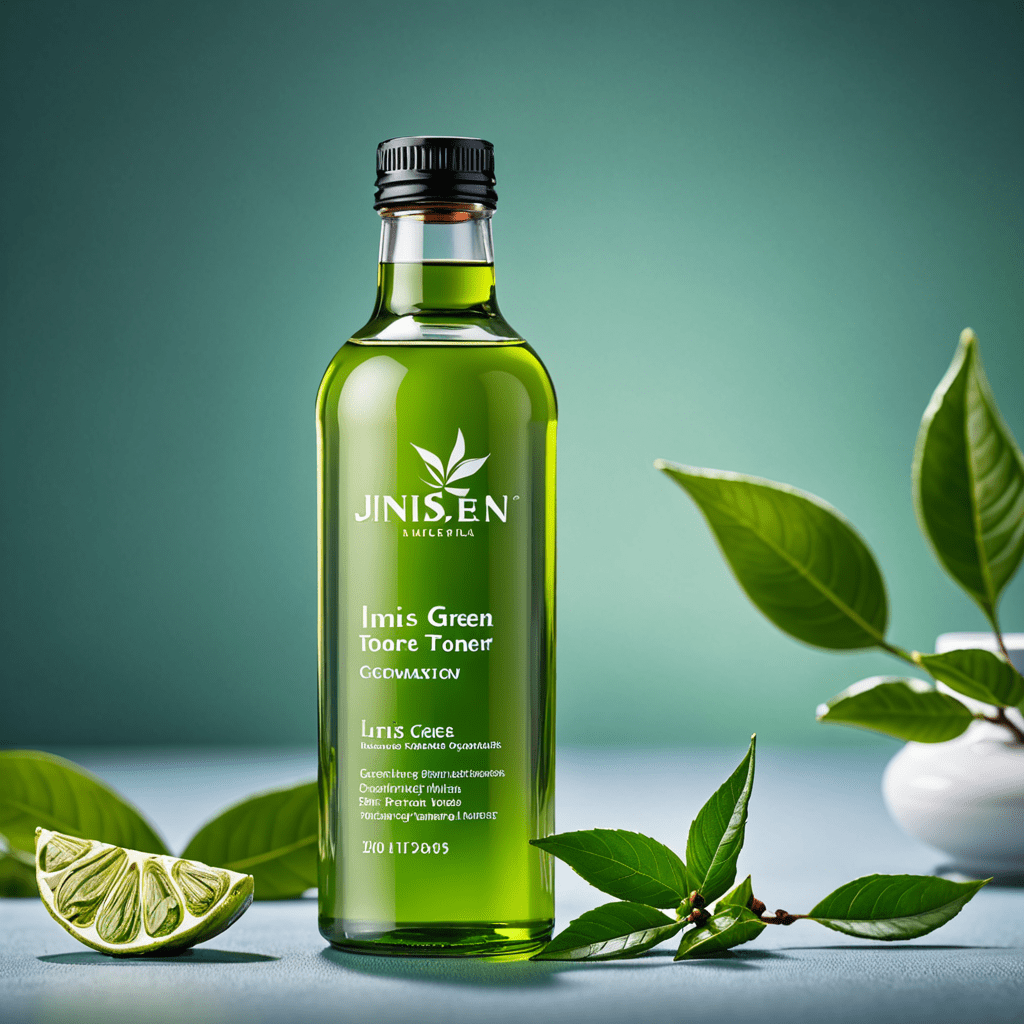
Why Does Green Tea Give Me a Headache?
Headaches can be quite unpleasant and sometimes mysterious. If you’ve noticed that drinking green tea often triggers a headache for you, you may be wondering why. In this blog post, we’ll explore some possible reasons behind this phenomenon and discuss tips on how to enjoy green tea without experiencing those throbbing head pains.
Understanding Green Tea and Its Components
Before diving into the potential causes of headaches after drinking green tea, let’s take a moment to understand what green tea is made of. Green tea comes from the leaves of the Camellia sinensis plant and is a rich source of antioxidants and various beneficial compounds, such as catechins, caffeine, theanine, and polyphenols. While these compounds offer many health benefits, they can sometimes have certain effects on the body, potentially leading to headaches.
Caffeine Sensitivity and Headaches
Caffeine is one of the main culprits when it comes to headaches caused by green tea. Green tea naturally contains caffeine, and some individuals are more sensitive to this compound than others. Caffeine works as a stimulant and can cause blood vessels in the brain to constrict, leading to tension headaches or migraines. If you are particularly sensitive to caffeine, even small amounts present in green tea can trigger a headache.
Dehydration and Headaches
Another possible explanation for headaches after consuming green tea is dehydration. Although green tea contains water, it also has a diuretic effect, meaning it can lead to increased urine production and subsequent fluid loss. If you don’t consume enough water along with green tea, dehydration may occur, which can result in headaches. To prevent this, it’s important to drink plenty of water throughout the day, especially when consuming beverages with diuretic properties like green tea.
Histamine Intolerance and Headaches
In some cases, headaches after drinking green tea may be related to histamine intolerance. Histamine is a compound naturally present in some foods and drinks, including green tea. For individuals with histamine intolerance, excess histamine can trigger various symptoms, including headaches. If you suspect histamine intolerance, it may be worth exploring this topic further with a healthcare professional to determine if green tea is a contributing factor to your headaches.
Tannins and Headaches
Tannins are polyphenolic compounds found in various types of tea, including black, green, and oolong tea. These compounds contribute to the astringency and bitter taste of tea. While tannins offer health benefits, such as antioxidant properties, they can also lead to headaches for some people. Tannins are known to interfere with iron absorption, so if you have an iron deficiency, consuming green tea may exacerbate the issue and potentially cause headaches.
Tips for Enjoying Green Tea Headache-Free
If you enjoy the taste and benefits of green tea but find yourself constantly battling headaches, here are some tips to help you minimize or prevent those head pains:
- Opt for decaffeinated green tea: Choosing a decaffeinated version of green tea can help eliminate the culprit behind caffeine-induced headaches.
- Stay hydrated: Remember to drink plenty of water throughout the day, especially when consuming green tea, to prevent dehydration-related headaches.
- Gradually increase tea consumption: If you suspect tannins are causing your headaches, try gradually increasing your consumption of green tea to allow your body to adjust to the tannin levels.
- Pair green tea with food: Consuming green tea alongside a meal or snack may help reduce the impact on your body, potentially minimizing headaches.
- Experiment with brewing time and temperature: Some individuals find that adjusting the brewing time and temperature of their green tea can help reduce the chances of headaches, so don’t be afraid to experiment.
- Consult a healthcare professional: If headaches persist or become severe, it’s always a good idea to consult a healthcare professional for further evaluation and guidance.
FAQ
1. Is it normal to get a headache after drinking green tea?
While it is not uncommon for some individuals to experience headaches after drinking green tea, it is not considered a normal or desirable reaction. It is recommended to explore potential causes and make appropriate adjustments, such as opting for decaffeinated green tea or adjusting brewing methods.
2. How much green tea is safe to drink per day?
The safe amount of green tea consumption varies depending on factors such as individual sensitivity, overall health, and any underlying conditions. Generally, it is advisable to consume moderate amounts of green tea, which is considered to be around 2-3 cups per day.
3. Can green tea help relieve headaches?
Green tea contains various beneficial compounds that may contribute to headache relief, such as antioxidants and theanine, which can have calming effects. However, every individual’s response to green tea may vary, so it may not work for everyone.
4. Are there any other potential causes of headaches after drinking green tea?
Aside from the factors discussed in this article, headaches can also be caused by other factors such as underlying health conditions, personal sensitivities, or even unrelated coincidence. It’s important to consult a healthcare professional for a proper evaluation if headaches persist or worsen.
5. Can I try other types of tea instead of green tea to avoid headaches?
If green tea consistently triggers headaches for you, you may try exploring other types of tea, such as herbal teas or white tea, which have different compositions and may not have the same effect on your headaches. Experimenting with different teas can help you find the one that suits you best.
Remember, it’s essential to listen to your body and make adjustments accordingly. If headaches persist or worsen, seeking guidance from a healthcare professional is always recommended. Enjoying green tea should be a pleasant and headache-free experience, so don’t give up on finding the right approach that works for you.


